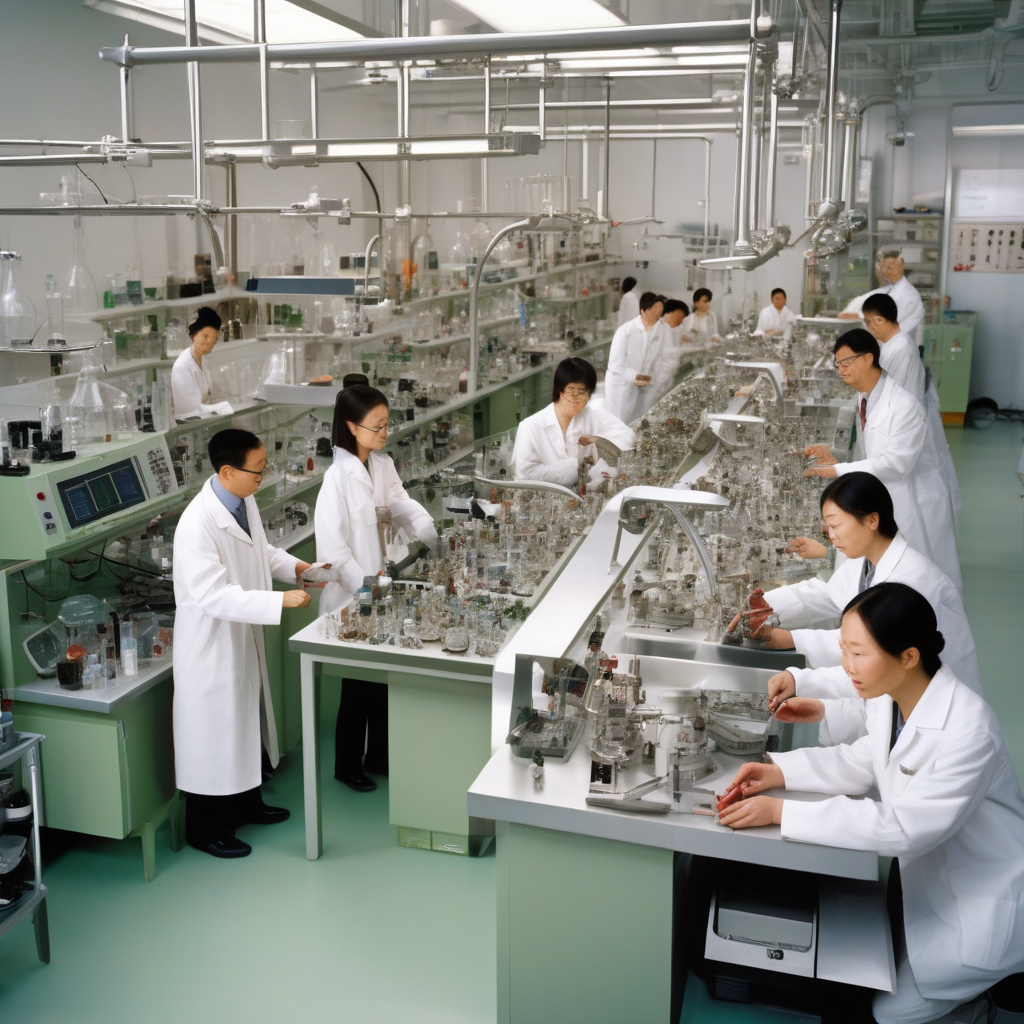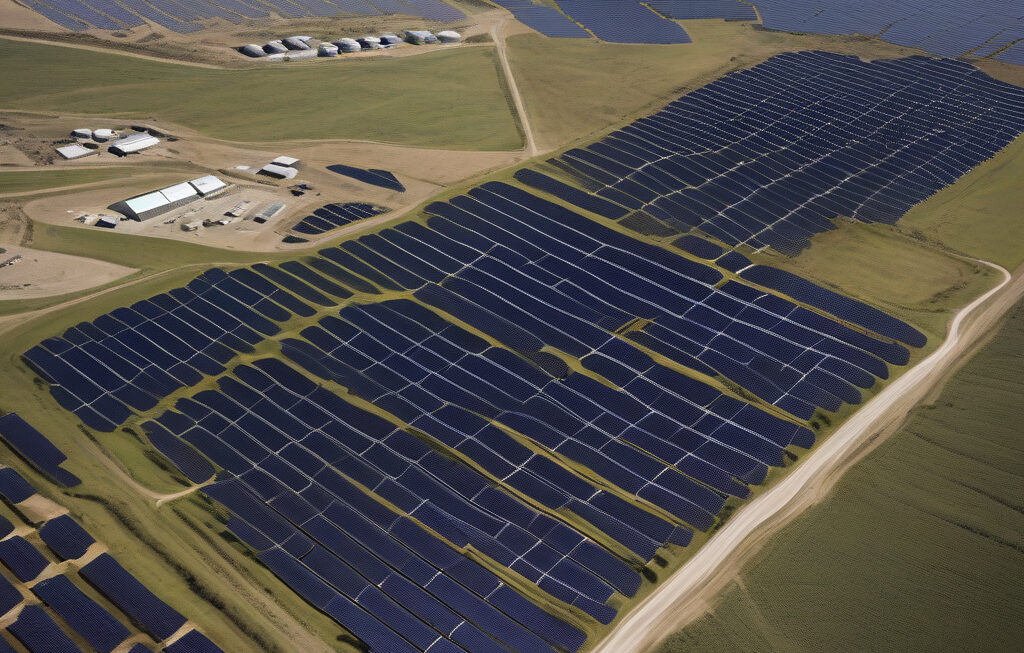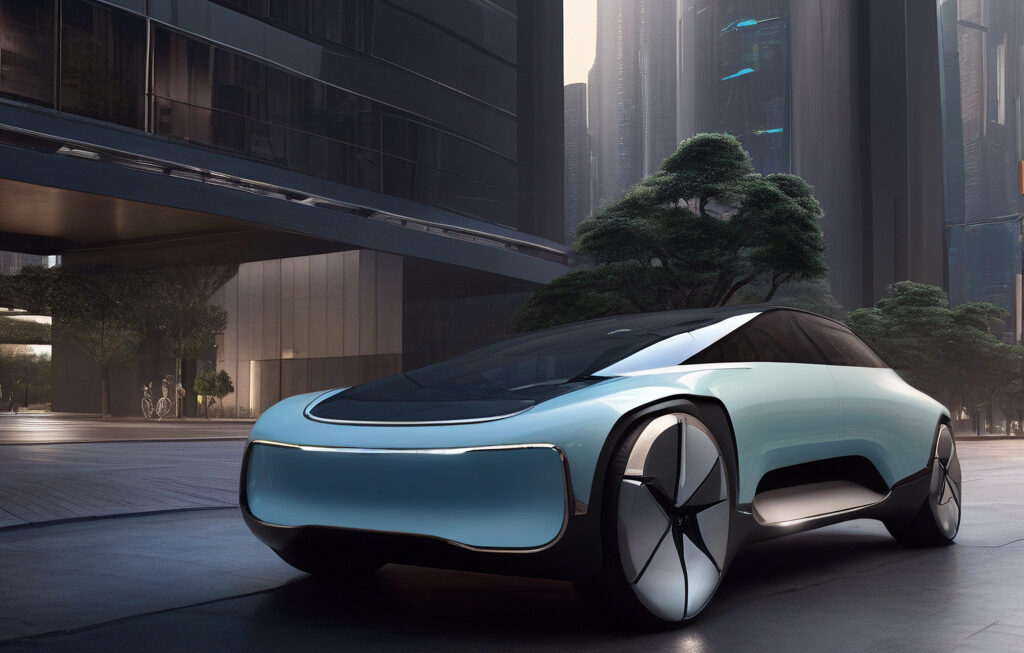China’s Groundbreaking Innovation: Upcycling Old EV Batteries and Plastic Using Solar Catalysts
Researchers in China have developed an advanced method to upcycle spent lithium iron phosphate (LFP) batteries and plastic waste into valuable resources, marking a significant breakthrough in sustainable technology. This innovative approach not only addresses the mounting issue of electronic waste but also contributes to the circular economy by extracting precious materials and reducing environmental impact.
The process involves the use of a solar catalyst that enables the decomposition of the battery and plastic waste at high temperatures, resulting in the production of valuable products such as carbon quantum dots and carbon nanotubes. These materials have a wide range of applications, including energy storage, catalysis, and environmental remediation, making them highly desirable in various industries.
By harnessing the power of solar energy to drive the upcycling process, researchers in China have achieved a more sustainable and energy-efficient solution compared to traditional recycling methods, which often involve high energy consumption and chemical treatments. The use of solar catalysts not only minimizes the environmental footprint of the recycling process but also showcases the potential of renewable energy sources in driving innovation and progress.
Furthermore, the ability to extract valuable materials from old batteries and plastic waste presents a lucrative opportunity for manufacturers and stakeholders in the electric vehicle (EV) industry. By repurposing these materials, companies can reduce their reliance on virgin resources, lower production costs, and enhance the sustainability profile of their products, thereby gaining a competitive edge in the market.
In addition to the economic benefits, the upcycling of old EV batteries and plastic waste also contributes to the reduction of carbon emissions and resource depletion. By extending the lifespan of materials that would otherwise end up in landfills or incinerators, this innovative approach aligns with the principles of a circular economy, where resources are kept in use for as long as possible through recycling and reuse.
As the global demand for EVs continues to rise, driven by concerns over climate change and air pollution, the need for sustainable solutions to manage electronic waste becomes increasingly urgent. China’s pioneering work in developing a solar-powered upcycling process for old batteries and plastic sets a positive example for other countries and industries looking to enhance their environmental stewardship and resource efficiency.
In conclusion, China’s breakthrough in using solar catalysts to upcycle old EV batteries and plastic waste represents a significant milestone in sustainable technology and circular economy practices. By extracting valuable materials from discarded sources and reducing reliance on virgin resources, this innovative approach not only benefits the environment but also presents economic opportunities for businesses in the EV sector. As we strive towards a more sustainable future, initiatives like these are crucial in driving positive change and fostering a greener, more efficient economy.
sustainability, circular economy, upcycling, renewable energy, electric vehicles












